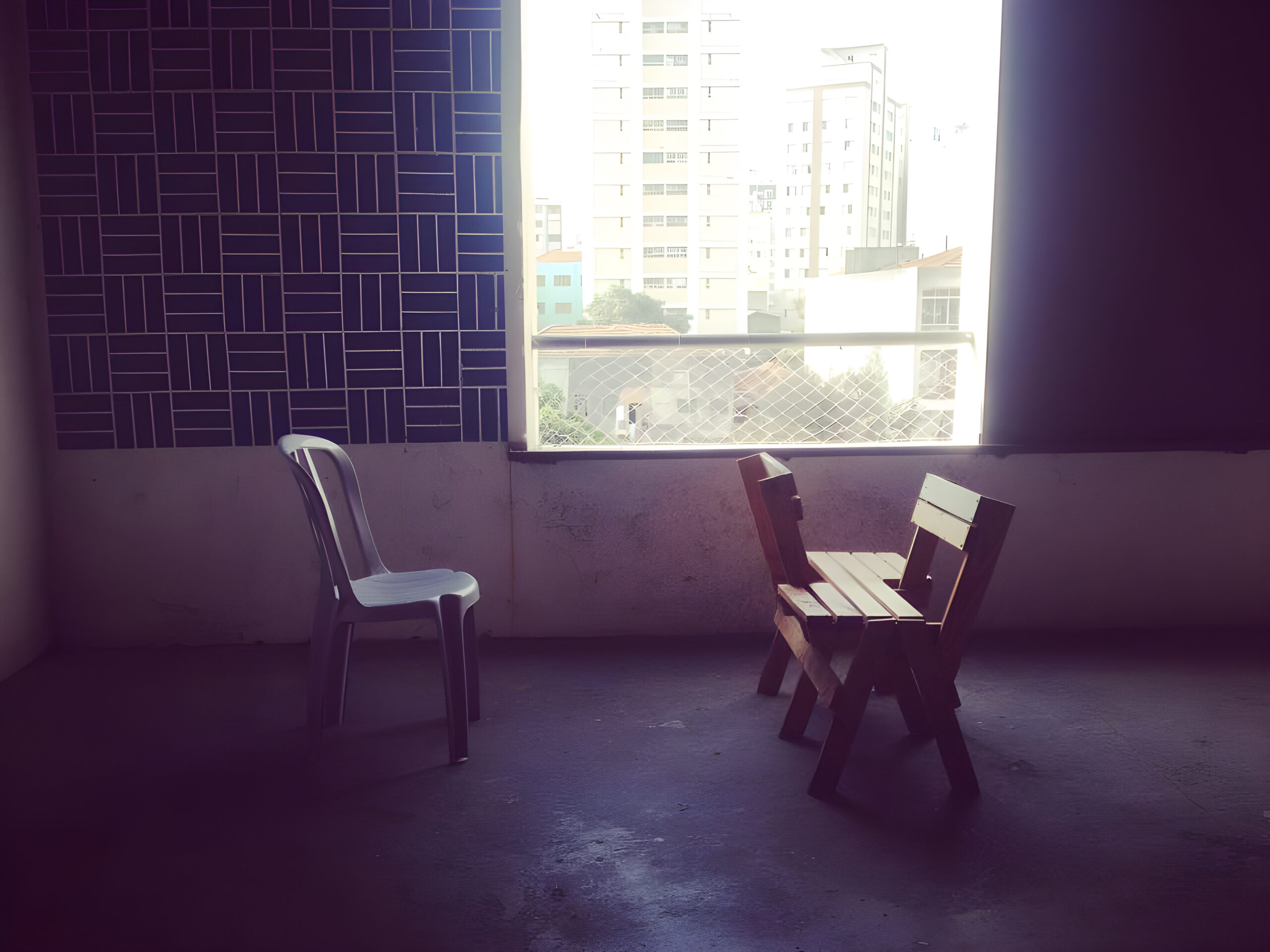Before the start of the new academic year, the FREEPSY team hosted our second edition of the Free Clinics Working Group. This time, we were guided by the following question: What are the obstacles and opportunities of establishing free psychoanalytic clinics in the UK in 2024?

It has become evident with our ongoing research that colleagues in the UK face challenges in establishing alternative forms of psychoanalytic listening; more so, that the few groups, organisations and collectives engaged with this social mission of psychoanalysis, concoct creative ways of navigating the needs of communities in Britain in light of so much gatekeeping and retaping. We, at FREEPSY, have, by now, mapped a wealth of services and free clinics in Brazil, Chile, Argentina, Germany, Lebanon, France, Italy, the United States and so on. In the UK, there is an expressive appetite emerging for radical praxes within psychoanalysis and the current doctoral research of our colleague Julianna Puzstai has been confirming this wave. In addition, if we go back into our own history, something of this growing appetite and concomitant difficulty into action seems present too.
As some of you may know, the FREEPSY research project has roots in two conferences held in 2021 in collaboration with the Freud Museum London called ‘Psychoanalysis for the People’. In those conferences, we heard from colleagues from all around the globe and several from the UK about historical and contemporary practices of free/low cost or radical psychoanalysis. Joanna Ryan’s book Class and Psychoanalysis, a real gem, also touches on the 1970s effervescent activities in the field of psy locally. With all of these anchors in mind, we tapped into a yet unexplored wealth of collective appetite for reviving and reinventing a somewhat lost spirit of political implication in British psychoanalytic praxes. By unpacking some mid-20th century examples of collective creativity, we proposed a dialogue with current organisations offering free psychoanalysis in the UK to discuss not only how to begin but how to maintain a free clinic in light of the specificities of British contexts.
The meeting counted with about twenty colleagues, online and in person, which formed an interesting mix of clinicians, activists and researchers of different backgrounds. We started off with a presentation by Julianna Puzstai, with images and archival material from past and present British free clinics. Following that, we were lucky to host three co-directors of the Psychosis Therapy Project, from London, an organisation that has over a decade of community activity and which has shaped the possibilities of working with psychosis and a psychoanalytic orientation in our region. Each colleague shared, with such generosity, matters of precarity, race, safeguarding and so on. We were also lucky to have a colleague from Bristol, from the amazing Orchard Therapy, whose work follows an inventive format that hopefully can be inspiring to more colleagues across the country.
As it is often the case, we were still left with a sense that more time needs to be spent together discussing each one’s experiences and exchanging resources. We look forward to more!

The Free Clinics Working Group is a collective space of exchange, learning, thinking and writing promoted by FREEPSY, University of Essex, UK. Over a series of meetings across the years of our research project, we are hosting guests from free clinics and scholars from various territories aiming at stretching our collective repertoire of what free psychoanalytic clinics are, can be and how they operate across different contexts.
Over the next three years, 2024-2027, the FCWG will foster the establishment of an intimate network of researchers & clinicians of psychosocial orientation that can discuss texts, think-together and produce alternative types of scholarly work collectively such as zines, online dictionaries, artwork and essays.
As an important part of FREEPSY research – Free Clinics and a Psychoanalysis for the People: Progressive Histories, Collective Practices, Implications for our Times – the FCWG holds space for inscribing historical and contemporary accounts of free clinics into our fields of psychoanalysis and psychosocial studies. Sharing, reading, connecting and writing we challenge the hegemonic historiography of our disciplines which sees psychoanalysis as a Eurocentric canon, investing on the vibrancy of praxes that are either from the Global South or peripheric in their own manner, re-inventing psychoanalysis in their own time. This is a space where we can also expand from our project’s research sites (North and South America, Central Europe and UK), being able to hear from colleagues and initiatives in Asia, Africa and the Middle East. Another important element of the FCWG is that it encourages a dialogue between clinicians and academics, inviting colleagues from the university into the world of day-to-day clinical practice as well as providing analysts a space for intellectual exchange and production.

